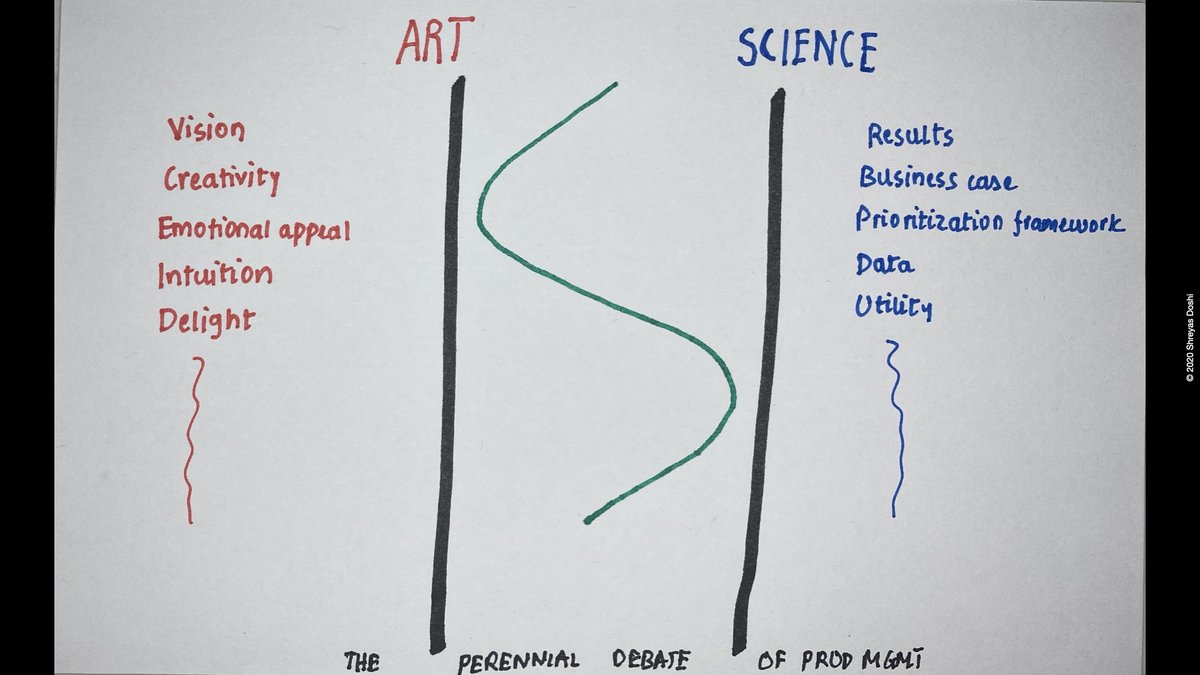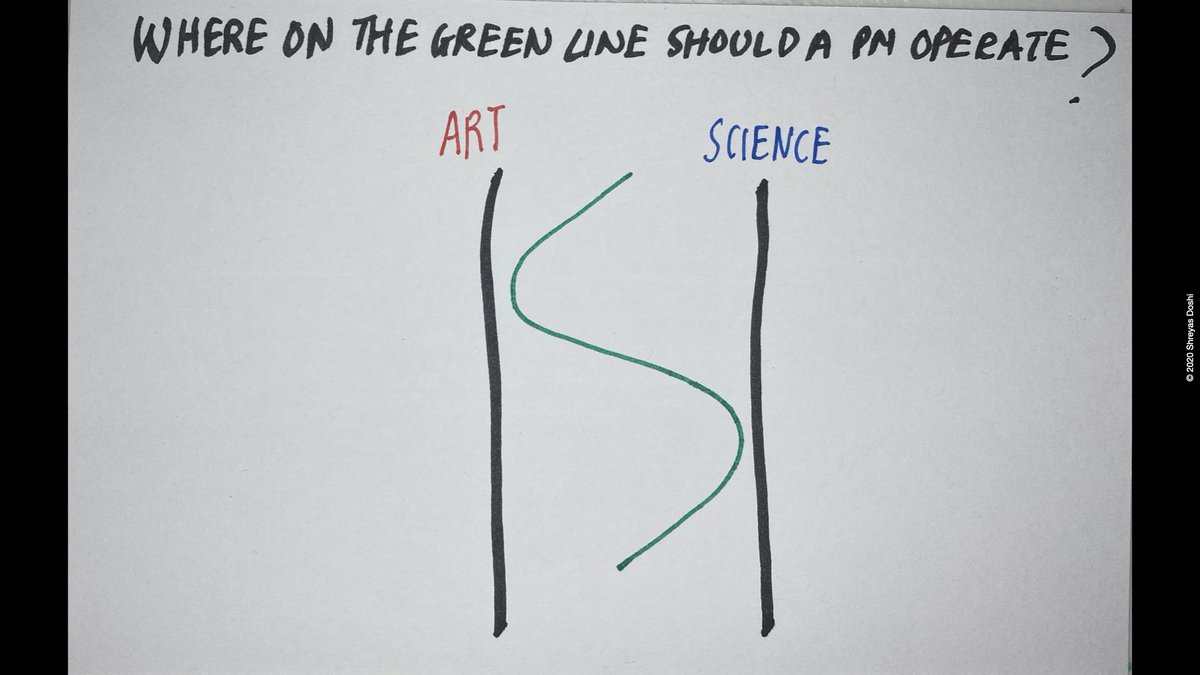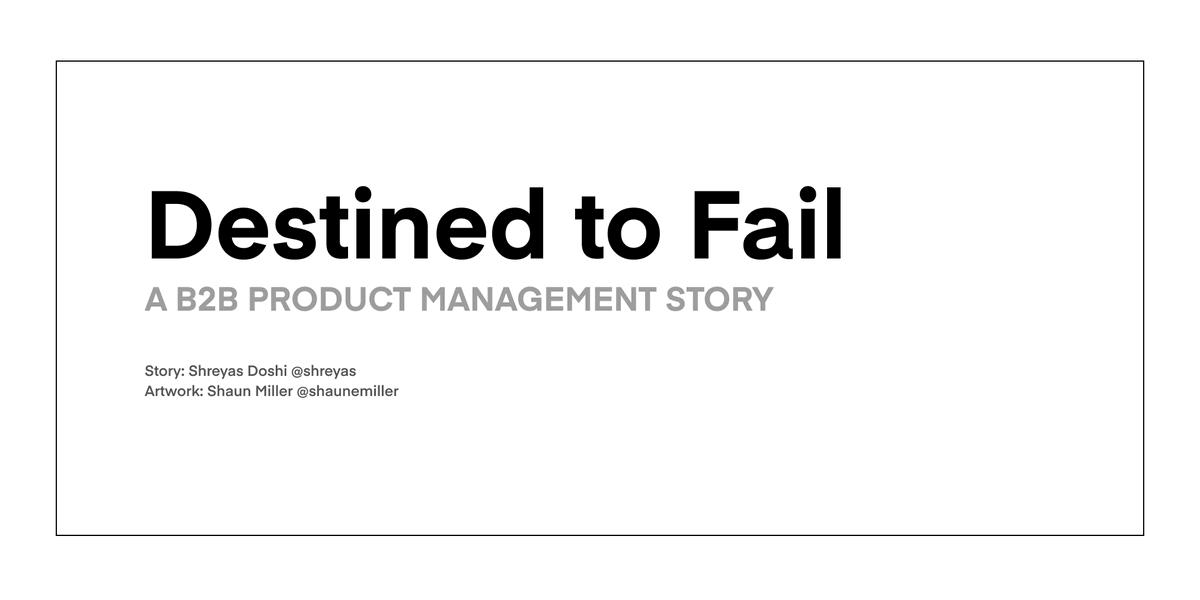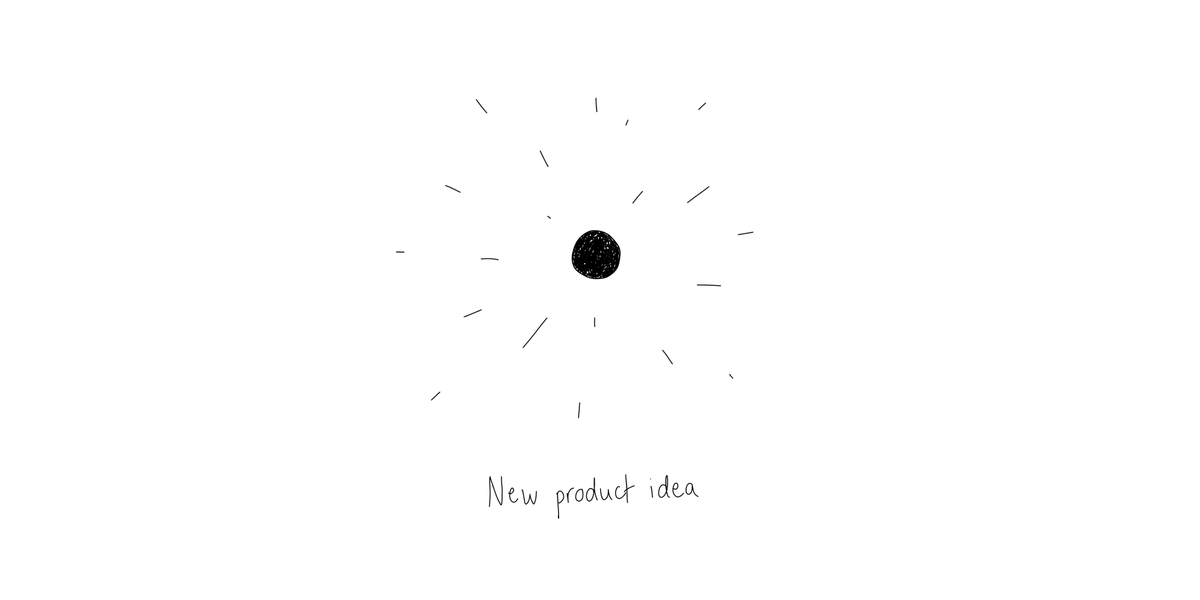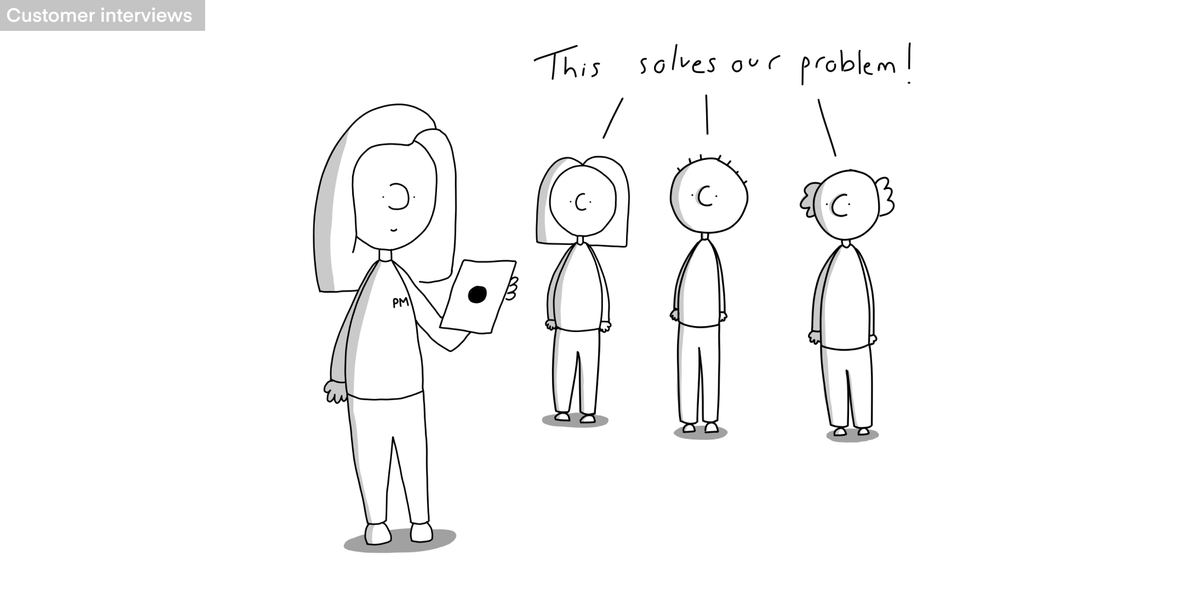
We need to stop pretending that *all* product decisions require mathematical proof.
Trust me, it's fine to use instinct & creative insight for major product decisions.
And if you like moving fast, it's often required.
The trick is when to do it, who does it & how it gets done.
Trust me, it's fine to use instinct & creative insight for major product decisions.
And if you like moving fast, it's often required.
The trick is when to do it, who does it & how it gets done.
Too often, PMs will label themselves.
Without good coaching during their formative years as a product manager, PM leaders also label themselves.
Without good coaching during their formative years as a product manager, PM leaders also label themselves.
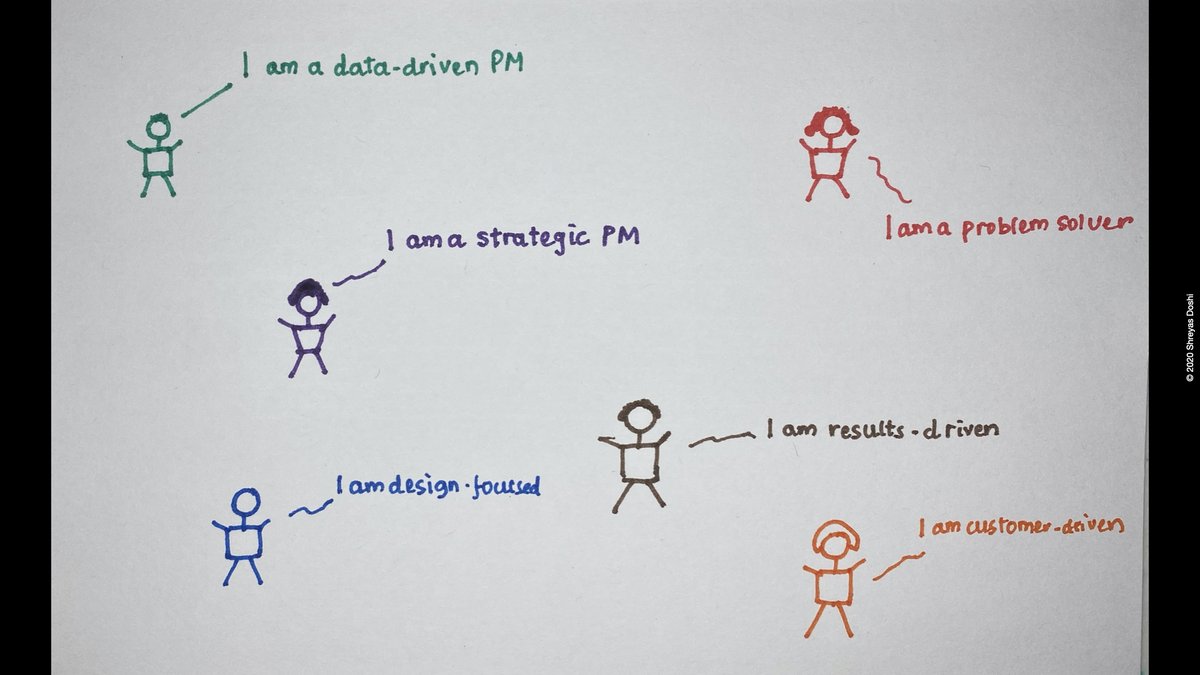
Labeling is the parent of dogma.
Know your strengths, leverage them, maybe even build a brand around labels, but don't label yourself in your self-talk.
Labeling will stifle your growth.
Know your strengths, leverage them, maybe even build a brand around labels, but don't label yourself in your self-talk.
Labeling will stifle your growth.
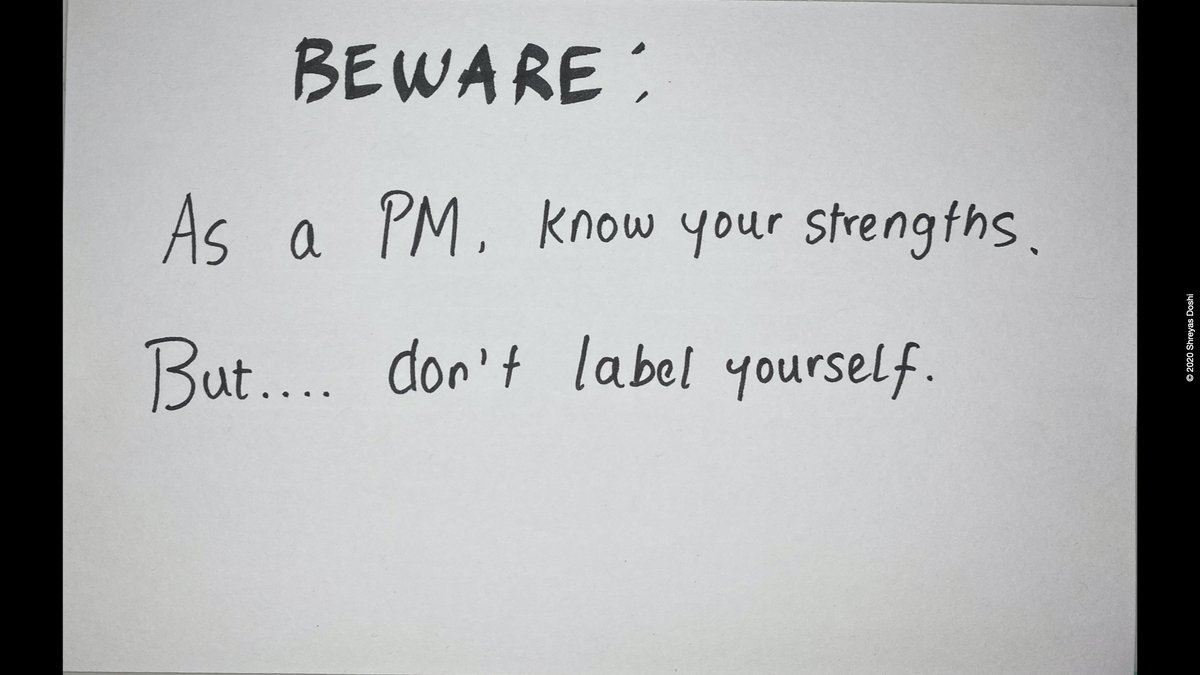
Too many people too often react with:
"This is a bad take, because, imagine what would happen if we *never* used metrics and mathematics for product decisions."
No one is saying that.
Avoid binary thinking.
We must remember this (in business & life):
"This is a bad take, because, imagine what would happen if we *never* used metrics and mathematics for product decisions."
No one is saying that.
Avoid binary thinking.
We must remember this (in business & life):
https://twitter.com/shreyas/status/1330976556475240448
We must also remember this:
https://twitter.com/shreyas/status/1367330557181399043
Certainty is great, but also rare & shouldn't be *forced*.
Instinct is a combo of Cognitive Empathy, Market & Tech Context, Strategic Simulation.
So to improve instinct, one must get better at each of these components and/or pull in relevant experts (e.g. Tech, Market).
Instinct is a combo of Cognitive Empathy, Market & Tech Context, Strategic Simulation.
So to improve instinct, one must get better at each of these components and/or pull in relevant experts (e.g. Tech, Market).
So why has the value of instinct in PM eroded over the 2010s?
1) Overcorrection from 2000s
2) New analytics tools
3) Many haven't seen the magical value of instinct
4) Magic is misattributed to more "logical" factors
5) Math makes us feel smarter
6) Metrics better for CYA
1) Overcorrection from 2000s
2) New analytics tools
3) Many haven't seen the magical value of instinct
4) Magic is misattributed to more "logical" factors
5) Math makes us feel smarter
6) Metrics better for CYA
Let's end with the original question
What's the right point to be on the green curve?
Of course, we know the true answer.
There is no right point.
It is the job of PM leaders to guide PMs, based on current context.
Not enough PM leaders are doing this.
That needs to change.
What's the right point to be on the green curve?
Of course, we know the true answer.
There is no right point.
It is the job of PM leaders to guide PMs, based on current context.
Not enough PM leaders are doing this.
That needs to change.
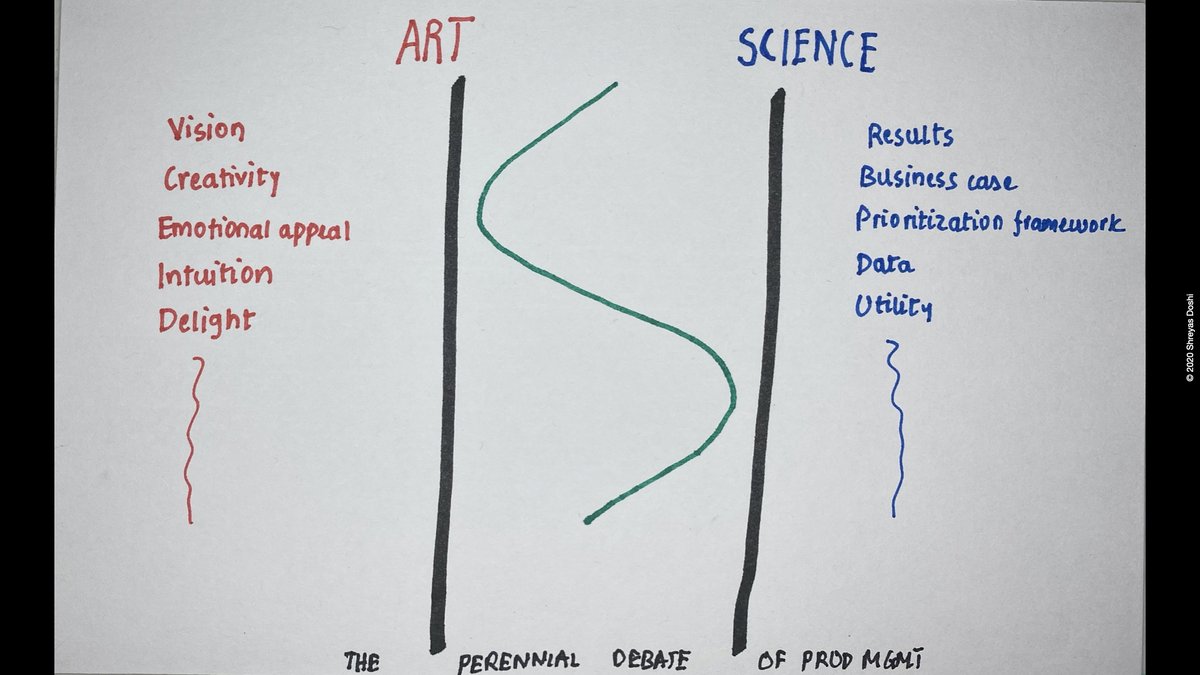
Back to the top of this thread:
https://twitter.com/shreyas/status/1377036922581753859
The trouble with most tech companies these days
https://twitter.com/shreyas/status/1319404227286847488
How all of this makes product management hard
https://twitter.com/shreyas/status/1360784465560182788
Worth watching this short scene
https://twitter.com/shreyas/status/1364600221565558787
Key inputs & balance
https://twitter.com/shreyas/status/1290029077772906496
Lastly, I do love metrics & math. So much that I wrote this thread that might be helpful in thinking through how to define product metrics
https://twitter.com/shreyas/status/1304628719374544896
• • •
Missing some Tweet in this thread? You can try to
force a refresh
